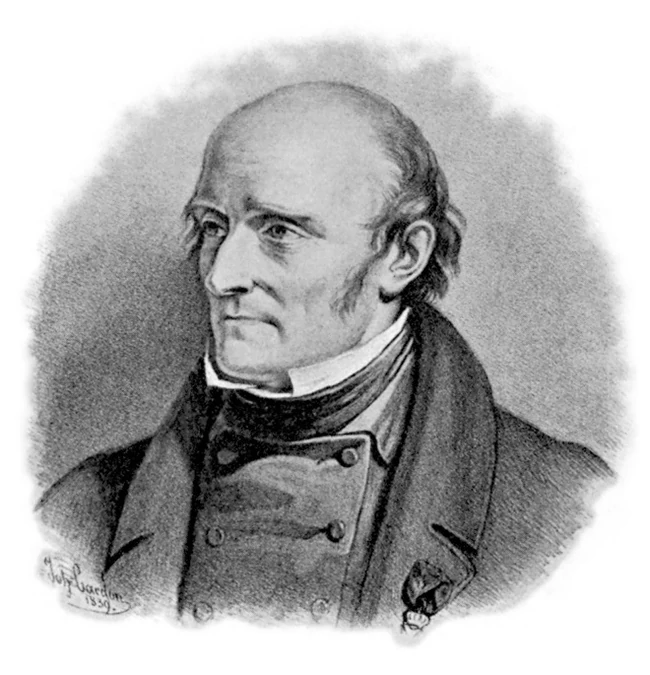Curious about the world of physiotherapy and how it can contribute to your health and wellness objectives? If so, you’re in the right place.
What is Physiotherapy?
Physiotherapy, also recognized as physical therapy, is a specialized healthcare practice aimed at enhancing physical function, mobility, and overall well-being. It includes the assessment, diagnosis, treatment, and prevention of physical limitations, disabilities, and discomfort.
Physiotherapy offers a comprehensive approach to address various conditions, spanning from musculoskeletal and neurological problems to cardiovascular and respiratory ailments.

Video from our youtube channel
Definition of World Health Organization (WHO)
The World Health Organization (WHO) has outlined the characteristics of physiotherapists as follows.
Physiotherapists assess, plan and implement rehabilitative programs that improve or restore human motor functions, maximize movement ability, relieve pain syndromes, and treat or prevent physical challenges associated with injuries, diseases and other impairments. They apply a broad range of physical therapies and techniques such as movement, ultrasound, heating, laser and other techniques. They may develop and implement programmes for screening and prevention of common physical ailments and disorders.
The World Health Organization (WHO) website
According to the above definition, we can define physiotherapy as follows:
Physiotherapy is a healthcare profession that involves assessing, planning, and implementing rehabilitative programs to improve or restore human motor functions, maximize movement ability, relieve pain syndromes, and treat or prevent physical challenges associated with injuries, diseases, and other impairments. Physiotherapists employ diverse physical therapies and techniques, including movement exercises, ultrasound, heating, laser, and other methods, to aid individuals in recovering or enhancing their physical capabilities. They may also develop and implement screening and prevention programs for common physical ailments and disorders. In summary, physiotherapy focuses on using various physical therapies and techniques to optimize physical function, reduce pain, and prevent or treat physical challenges.
Definition of The World Physiotherapy (WPT)
The The World Physiotherapy (WPT) has outlined the characteristics of physiotherapists as follows.
Physiotherapists help people maximise their quality of life, looking at physical, psychological, emotional and social wellbeing. They work in the health spheres of promotion, prevention, treatment/intervention, and rehabilitation.
The World Physiotherapy (WPT)
According to the above definition, we can define physiotherapy as follows:
Physiotherapy, as defined, is a healthcare profession that aims to optimize a person’s quality of life by considering their physical, psychological, emotional, and social well-being. Physiotherapists work across various health domains, including health promotion, disease prevention, treatment and intervention, and rehabilitation.
Definition of The Chartered Society of Physiotherapy (CSP) in the UK
The Chartered Society of Physiotherapy (CSP) in the UK defines physiotherapy as “Physiotherapy helps restore movement and function when someone is affected by injury, illness or disability.”
The Chartered Society of Physiotherapy (CSP) website
What Does Physiotherapy Involve?
Customized to the unique needs and aspirations of the patient, physiotherapy utilizes a range of techniques and approaches. Your physiotherapist will tailor a treatment plan that is unique to your condition, lifestyle, and preferences, in order to achieve optimal outcomes. This may include exercises, manual therapy, electrotherapy, education, and advice.
Exercises are a key component of physiotherapy. They can help to improve strength, flexibility, range of motion, and balance. Exercises can be done at home, at a gym, or under the guidance of a physiotherapist. Manual therapy involves hands-on techniques such as massage, mobilization, and manipulation to improve joint and tissue function.
Electrotherapy involves the use of electrical modalities such as ultrasound, TENS, and laser therapy to reduce pain and inflammation and promote tissue healing. Education and advice involve teaching patients about their condition, how to manage symptoms, and how to prevent recurrence.
How Can Physiotherapy Benefit You?
Physiotherapy can benefit you in many ways, depending on your condition and goals. Here are some of the benefits of physiotherapy:
- Improved physical function and mobility
- Reduced pain and discomfort
- Increased strength and flexibility
- Improved balance and coordination
- Faster recovery from injuries and surgeries
- Prevention of future injuries and disabilities
- Improved quality of life and wellbeing
Conclusion
Physiotherapy is a valuable healthcare profession that can help you improve your physical function, mobility, and well-being. Physiotherapy is an improved and successful method of treatment in Western countries and other developed countries.. Whether you’re recovering from an injury, managing a chronic condition, or looking to prevent future problems, physiotherapy can provide you with the support and guidance you need to achieve your goals. So, if you’re wondering what physiotherapy is and how it can benefit you, don’t hesitate to reach out to a qualified physiotherapist today.
FAQs
Who can benefit from physiotherapy?
Physiotherapy can be advantageous for those who have experienced injuries, disabilities or are undergoing recovery from surgery or illness.
What conditions can physiotherapy help with?
Conditions like back pain, neck pain, joint pain, stroke, Parkinson’s disease, and multiple sclerosis can benefit from physiotherapy. Additionally, physiotherapy can be beneficial in managing chronic conditions like diabetes and heart disease, while promoting healthy aging.
Is a referral necessary to see a physiotherapist?
Typically, you can see a physiotherapist without needing a referral. Keep in mind that certain insurance plans may stipulate a referral from a doctor.
What can I expect during a physiotherapy session?
A physiotherapy session usually begins with an initial evaluation by the physiotherapist to assess your condition and devise a personalized treatment plan. The treatment plan may include a combination of manual therapy, exercises, education, and other techniques aimed at helping you manage your condition and enhance your function and mobility.
How long does a physiotherapy session last?
Physiotherapy sessions typically span from 30 minutes to one hour, depending on your unique needs.
How long does it take to see results from physiotherapy?
The duration for experiencing results from physiotherapy can differ based on factors like the severity of your condition, duration of the condition, and compliance with your treatment plan. The rate of improvement from physiotherapy can vary among individuals, with some noticing positive changes after just a few sessions, while others may require more time and ongoing treatment to attain their objectives.
Ready to experience the benefits of physiotherapy for yourself? Now that you know what physiotherapy is, are you wondering how to find a qualified physiotherapist to help you achieve your health goals?
Keep reading to learn more!


